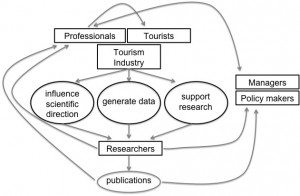A HEALTHIER OCEAN STARTS WITH SHARING.
Be curious & courteous
Interacting with marine wildlife is exciting and rewarding. However, there is mounting scientific evidence that shows divers can impact the behaviour and diet of many marine animals, including sharks and rays, which affects their overall health. Therefore, we advocate for interactions that minimize harm and maximize gain for the animals we seek.
Observe & Record
eShark | eOceans depends on people's encounters with wild animals - this includes those drawn in with bait. We use these observations to answer important questions that would otherwise not be possible. Therefore, we advocate that each encounter be treated like a 'good scientific observation' - not like those seen on TV - but where animals are quietly and carefully observed. Careful observation is not only best for the animals, but also provides the best scientific data.
Then, report what you see
eOceans | eShark - collects data on jellyfish, sharks, rays, turtles, seahorses, whales and garbage - with a specific interest in Ghost Gear
REEF.org - with some training, you can report all the fishes you see to REEF.org. This is the dataset eOceans uses for validation and is very important for the work we do.
Redmap.org.au - for anything outside of its range (in Australia only right now unfortunately) - needed here in Canada. This project aims to document species extending their ranges south as a result of rising seawater temperatures.
eBird.org - know your birds? Report the birds you see to eBird at Cornell University.
Marine Debris Tracker - detailed information about the garbage you see and remove while exploring the marine environment.
How we envision the role of different stakeholders, specifically the tourism industry, in shark science and conservation. Figure 1 from: Ward-Paige CA (2014) The role of the tourism industry. In: Techera EJ & Klein N (eds). Sharks: Conservation, Governance and Management. Earthscan. pp. 155-175. LINK

